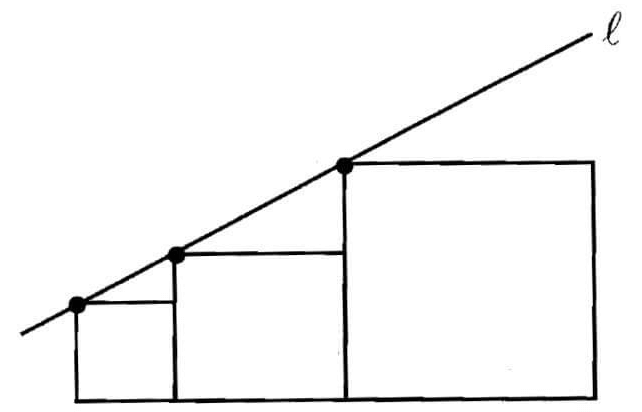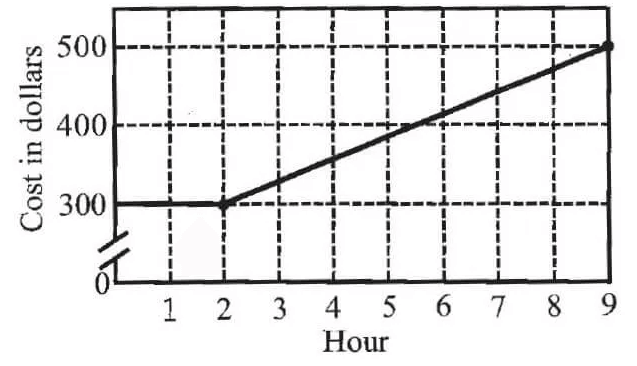FACTORING POLYNOMIALS WORKSHEET
(1) Factorize the following:
(i) x2 + 10x + 24
(ii) z2 + 4z - 12
(iii) p2 - 6p - 16
(iv) t2 + 72 - 17t
(v) y2 - 16y - 80
(vi) a2 + 10a - 600 Solution
Answer Key
i) (x + 4) and (x + 6)
ii) (z - 2) and (z + 6)
iii) (p - 8) and (p + 2)
iv) (t - 8) and (t - 9)
v) (y - 20) and (y + 4)
vi) (a + 30) and (a - 20)
Factor each trinomial by splitting the middle term.
i) (p - q)2 - 6(p - q) - 16
ii) m2 + 2mn - 24n2
(iii) √5 a2 + 2a - 3√5
(iv) a4 - 3a2 + 2
(v) 8m3 - 2m2n - 15mn2
(vi) (1/x2) + (1/y2) + (2/xy) Solution
Answer Key
i) (p - q + 2) and (p - q - 8).
ii) (m - 4n) and (m + 6n).
iii) (√5a - 3) and (a + √5).
iv) (a + 1), (a - 1) and (a2 - 2).
v) (4m + 5n) and (2m - 3n)
vi) (1/x + 1/y) and (1/x + 1/y)
Factorize the following cubic polynomials :
(1) x3 - 2x2 - 5 x + 6
(2) 4x3 - 7x + 3
(3) x3 - 23x2 + 142x - 120
(4) 4x3 - 5x2 + 7x - 6
(5) x3 - 7x + 6
(6) x3 + 13x2 + 32x + 20 Solution
Answer Key
1) (x - 3)(x + 2)
2) (x - 1)(2x - 1)(2x + 3)
3) (x - 1)(x - 10)(x - 12)
4) (x - 1)(4x2 - x + 6)
5) (x - 1)(x + 3)(x - 2)
6) (x + 1)(x + 10)(x + 2)
Find least common multiple by factoring :
(1) 4x2y, 8x3y2
(2) -9a3b2, 12a2b2c
(3) 16m, -12m2n2, 8n2
(4) p2 − 3p +2, p2 - 4
(5) 2x2 - 5x -3, 4x2 -36
(6) (2x2 -3xy)2, (4x -6y)3, 8x3 -27y3
Answer Key
1) 8 x3 y2
2) 12a2 b2c
3) 16m2n2
4) (p + 2)(p - 2)(p - 1)
5) 4(2x + 1)(x + 3)(x - 3)
6) 8x2(2x -3y)3(4x2 - 6xy + 9y2)
Factor the following polynomial :
(1) 4x + 8
(2) 16a + 64b - 4c
(3) 36x - 16
(4) 35 + 21a
(5) 4a - 8b + 5ax - 10bx Solution
Answer Key
1) 4(x + 2)
2) 4(4a + 16b - c)
3) 4(9x - 4)
4) 7(5 + 3a)
5) (a - 2b) (4 + 5x)
Problem 1 :
The sum of a number and its reciprocal is 65/8. Find the number
Problem 2 :
The difference of the squares of two positive numbers is 45. The square of the smaller number is four times the larger number. Find the numbers.
Problem 3 :
A farmer wishes to start a 100 sq.m rectangular vegetable garden. Since he has only 30 m barbed wire, he fences the sides of the rectangular garden letting his house compound wall acts the fourth side fence. Find the dimension of the garden.
Problem 4 :
A rectangular field is 20 m long and 14 m wide. There is the path of equal width all around it having an area of 111 sq.m. Find the width of the path on the outside.
Problem 5 :
A train covers a distance of 90 km at a uniform speed. Had the speed been 15 km/hr more, it would have taken 30 minutes less for the journey. Find the original speed of the train
Answer Key
1) So, the required number is 8.
2) Therefore the required numbers are 9 and 6.
3)
length of garden = 10 m and
width of the garden = 5 m.
4) Therefore width of the path = 1.5 m.
5) Therefore speed of the train is 45 km/hr.
Problem 1 :
If the difference between a number and its reciprocal is ²⁴⁄₅, find the number.
Problem 2 :
A garden measuring 12m by 16m is to have a pedestrian pathway that is w meters wide installed all the way around so that it increases the total area to 285 m2. What is the width of the pathway?
Problem 3 :
A bus covers a distance of 90 km at a uniform speed. Had the speed been 15 km/hr more, it would have taken 30 minutes less for the journey. Find the original speed of the bus.
Problem 4 :
John and Jivanti together had 45 marbles. Both of them lost 5 marbles each, and the product of the number of marbles they have now is 124. Find the number marbles each one them had initially.
Problem 5 :
A cottage industry produces a certain number of toys in a day. The cost of production of each toy (in dollars) was found to be 55 minus the number of toys produced in a day, the total cost of production was $750. Find the number of toys produced on that day.
Problem 6 :
The diagonal of a rectangular field is 60 meters more than the shorter side. If the longer side is 30 meters more than the shorter side, find the sides of the field.
Problem 7 :
The difference of squares of two positive numbers is 180. The square of the smaller number is 8 times the larger number. Find the two numbers.
Problem 8 :
A train travels 360 miles at a uniform speed. If the speed had been 5 miles/hr more, it would have taken 1 hour less for the same journey. Find the speed of the train.
Problem 9 :
Find two consecutive positive even integers whose squares have the sum 340.
Problem 10 :
The sum of squares of three consecutive natural numbers is 194. Determine the numbers.
Answer Key
1) The required numbers are 5 and 1/5
2) the width of the pathway is 1.5 m.
3) the original speed of the bus is 45 km per hour.
4) So, John had 36 marbles, when Jivanti had 9 marbles or Jivanti had 36 marbles, when John had 9 marbles.
5) the number of toys produced on that particular day is 30 or 25.
6)
length of the shorter side = 90 m
length of the longer side = 90 + 30 = 120 m
7) the larger number is 18 and the smaller number is 12.
8) the original speed of the train is 40 miles/hr.
9) the two positive even integers are 12 and 14.
10) the three consecutive natural numbers are 7, 8 and 9.
Kindly mail your feedback to v4formath@gmail.com
We always appreciate your feedback.
©All rights reserved. onlinemath4all.com
Recent Articles
-
Digital SAT Math Problems and Solutions (Part - 146)
Apr 18, 25 06:52 AM
Digital SAT Math Problems and Solutions (Part - 146) -
Logarithmic Derivative Problems and Solutions
Apr 16, 25 09:25 PM
Logarithmic Derivative Problems and Solutions -
Digital SAT Math Problems and Solutions (Part - 145)
Apr 16, 25 12:35 PM
Digital SAT Math Problems and Solutions (Part - 145)

